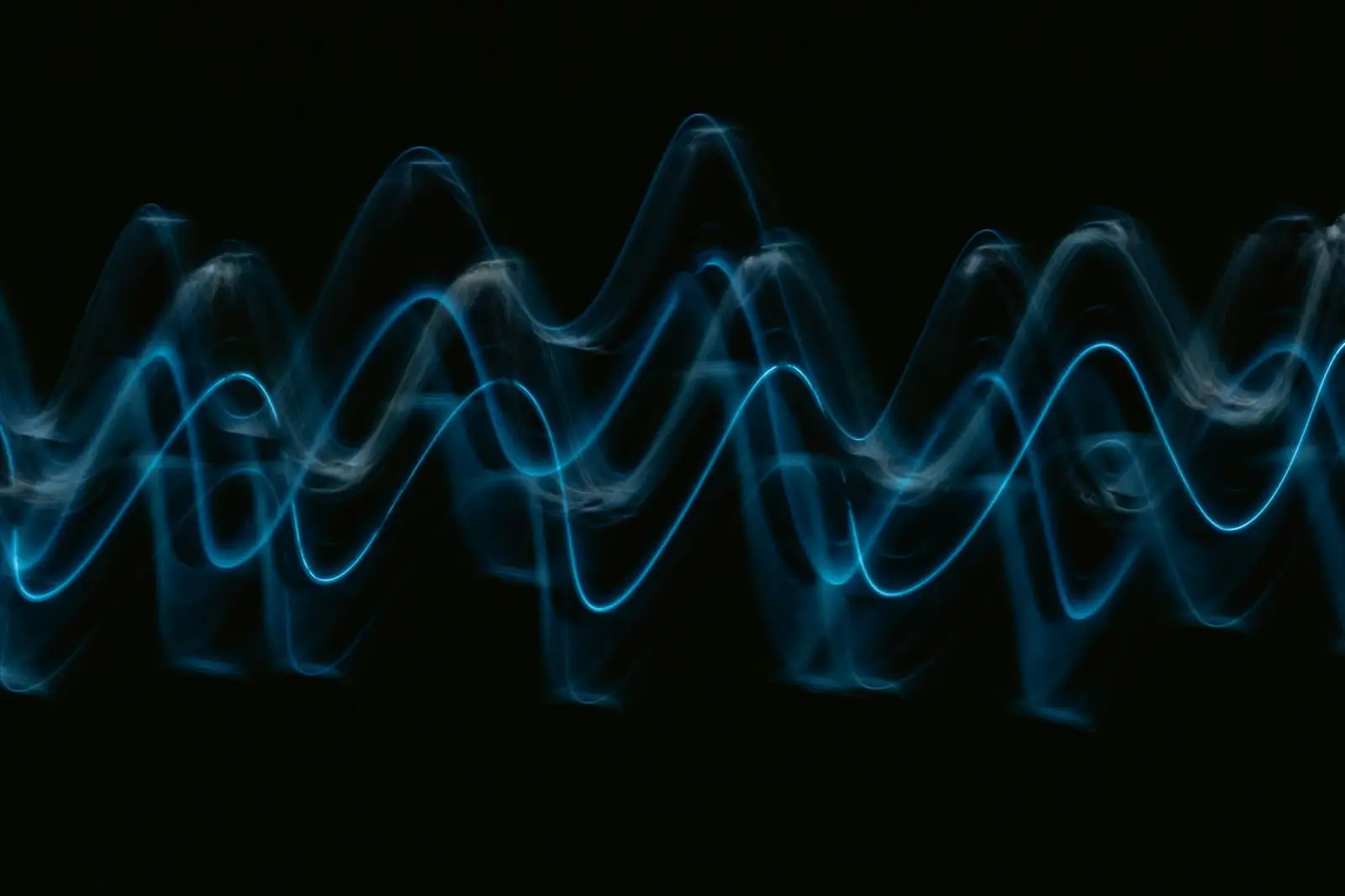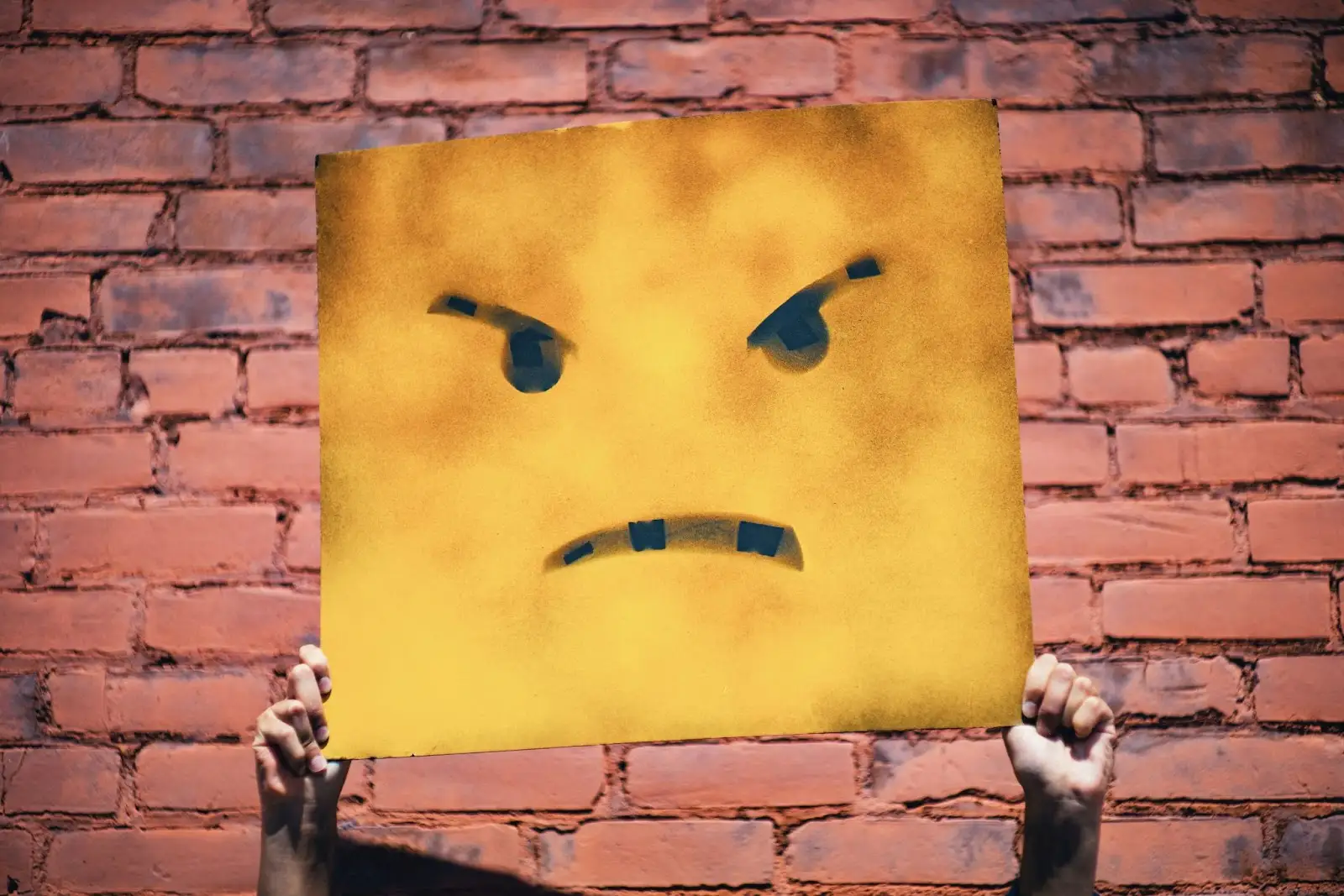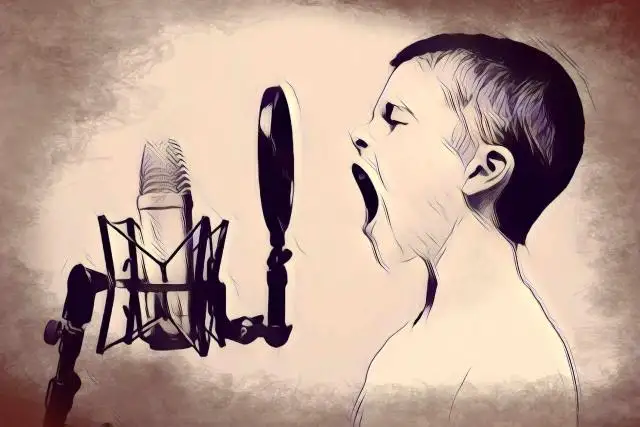Voicemail greeting. Video message. That radio interview you did last week. No matter the format, you listen back and ask yourself ‘is that really how I sound?’
Most people have those moments when they hear their own voices and cringe. It’s a universal phenomenon, backed up by scientific research.
Why is it that people hate the sound of their own recorded voice? And what can be done to fix it?
Let’s start by taking a look at the science behind hearing.
How We Hear Sound

Air Conduction
When the world around us makes noise, sound waves travel through the air to reach the outer ear. From there the waves get carried to various processing centers in our ears, until our brain interprets the signal into something meaningful.
Bone Conduction
When we speak we hear a little of our own voice from air conduction - just like everybody else does.
But a lot of the sound created by our vocal cords is transmitted to the inner ear via the bones in our skulls, including all the cavities in our heads that make us unique.
And because bones are better at conducting lower frequencies there's a discrepancy between how our voice sounds to us and how it does to other people.
Auditory Shutdown
One important note is that when we talk part of our brain goes to sleep. The auditory cortex, responsible for processing sounds, just shuts down. So you may not being paying as close attention to the sound you're making as you'd think.
Why Do We Hate Our Own Voice?

If you hate the sound of your voice, rest assured you're not alone. It's such a common experience that psychologists have their own term for it: voice confrontation.
Voice confrontation is caused by the difference between how your voice sounds in your own head, and how it actually sounds to others.
Pitch Shifting
When you speak, you hear a combination of two sounds - one delivered by air conduction, and the other conducted through your bones. Remember how bone conduction accentuates lower frequencies? Thanks to that people hear their own voice as being deeper than it actually is.
Naturally, we all assume what we're hearing is the same as what everybody else is. And since our voice is such a familiar sound to us it can be particularly grating when hearing a recording of ourselves.
On recordings we realize we're not James Earl Jones, but instead closer to Alvin and the Chipmunks. The pitch of your speaking voice sounds higher because the lower frequencies aren't being boosted by your bones.
And this freaks your brain out a little bit. Hearing what we know is our own voice talking, and yet it not sounding anything like our voice causes an internal conflict. And this can make you dislike the sound of your voice.
Imposter Syndrome
The second reason people dislike the sound their voice makes on an audio recording is because it exposes us to many previously-unheard linguistic cues. When we speak we reveal a lot more about our personality than just through the words alone.
Aspects of our speech like pitch, timbre, intonation, and cadence can contribute a lot to how other people perceive us.
And because we're not paying a lot of attention when we speak (remember the sleepy auditory cortex?) these cues are only revealed to us when listening to a recording of our own voices. We're used to hearing ourselves a certain way, and suddenly we're exposed to the reality of how the world sees us. Warts and all.
How to Not Hate the Sound of Your Voice

The good news is you're the only person on the planet who hears your voice the way you do. Your recorded voice is what you actually sound like in real life.
Furthermore, research suggests that you're way more concerned about the quality of your pipes than the rest of the world is. Other folks have heard you the same way forever, and that's how you sound to them.
Despite this, disliking the sound of your recorded voice can be aggravating at best, and mentally unhealthy at worst. What can we do about it?
Listen
Record yourself speaking and listen back to it. No judgements, just listening. Rinse, and repeat.
The more you get used to hearing what your voice sounds like on a recording, the easier it will be to accept what you sound like on a recording of you talking.
If you're a singer it's even more important to do this to make sure you're comfortable in the studio. Listening critically to recordings of you singing in the comfort and privacy of your home can help your ears focus externally when you're delivering the goods in a session.
Breathe
To give you control over the cadence and depth of your voice - and this applies to both your speaking and singing voice - practice diaphragmatic breathing .
Doing this regularly will give you more control over your breathing and in turn, the sound of your voice.
Voice Therapy
A more intense course of action is to visit a voice therapist, who can help make slight changes to the cadence, rhythm, and pitch of your voice through exercises.
Learn
I think the best advice (and probably the hardest to take) is to learn to appreciate the sound of your voice. Embrace the imperfections, and accept that your recorded voice will sound different from what you normally hear.
It is, literally and figuratively, all in your head.





